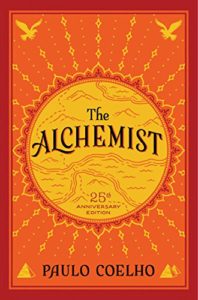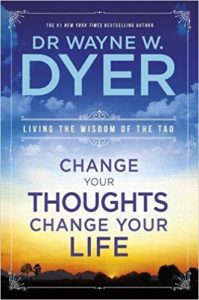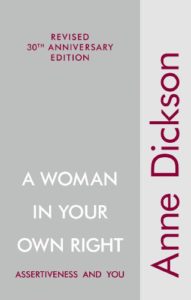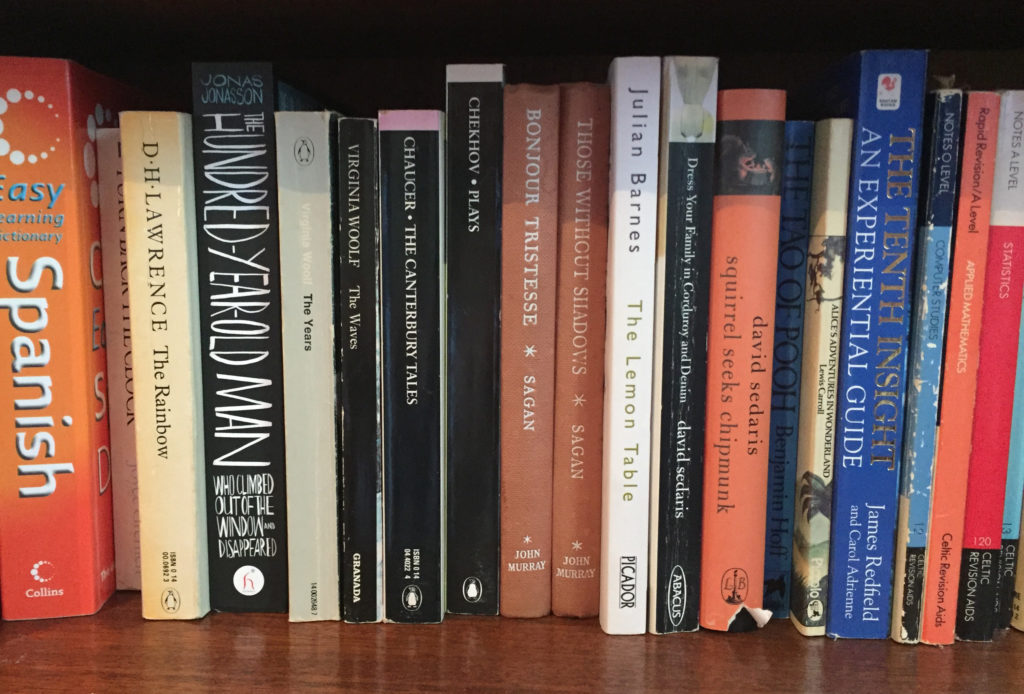
I’m often asked what’s on my bookshelf. What do I read? What can I recommend?
Writers become better writers by reading. It’s a fact!
Writers of fiction, especially, can learn loads from reading books in their own genre, but also from reading ‘text’ books on how to write – or how to edit.
Here are some books on my bookshelf – the physical ones plus the ones I read through Kindle – that I can thoroughly recommend.


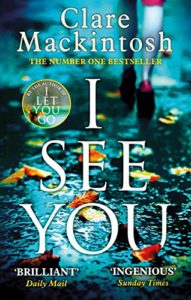
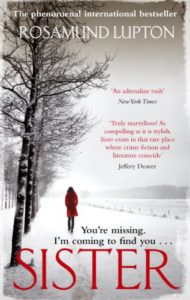
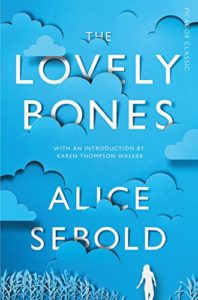
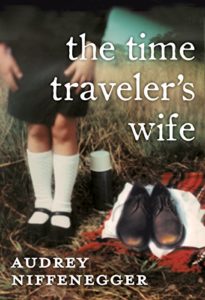
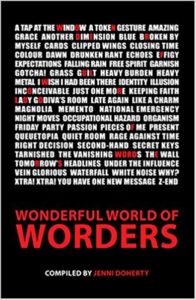
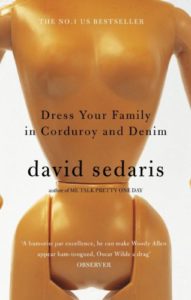
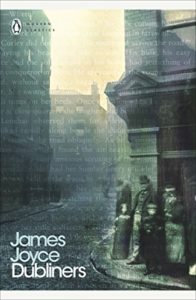
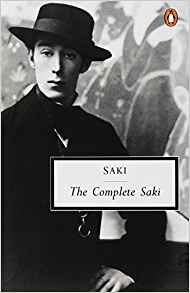
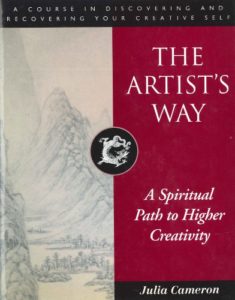
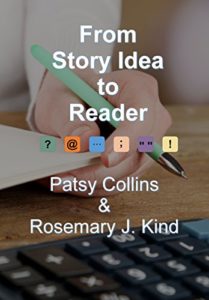
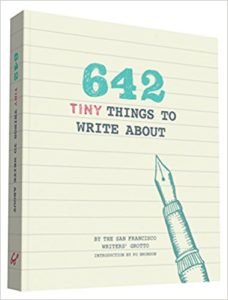
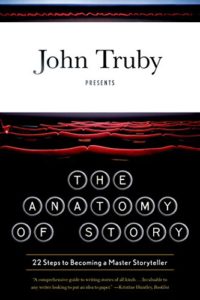
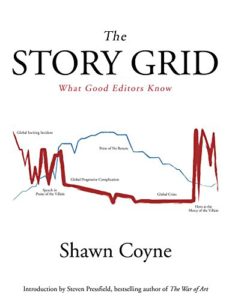
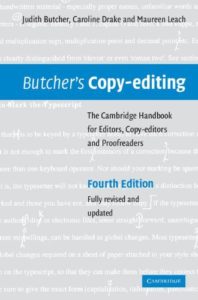
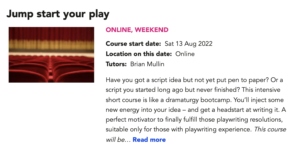
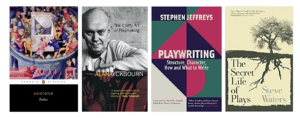 Although I’m not interested in acting, nor directing, it turns out you can learn a lot about playwrighting if you view it from their perspective. These books have proved insightful.
Although I’m not interested in acting, nor directing, it turns out you can learn a lot about playwrighting if you view it from their perspective. These books have proved insightful.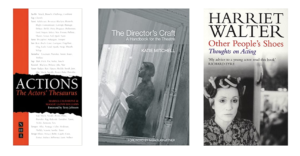 Life!
Life!